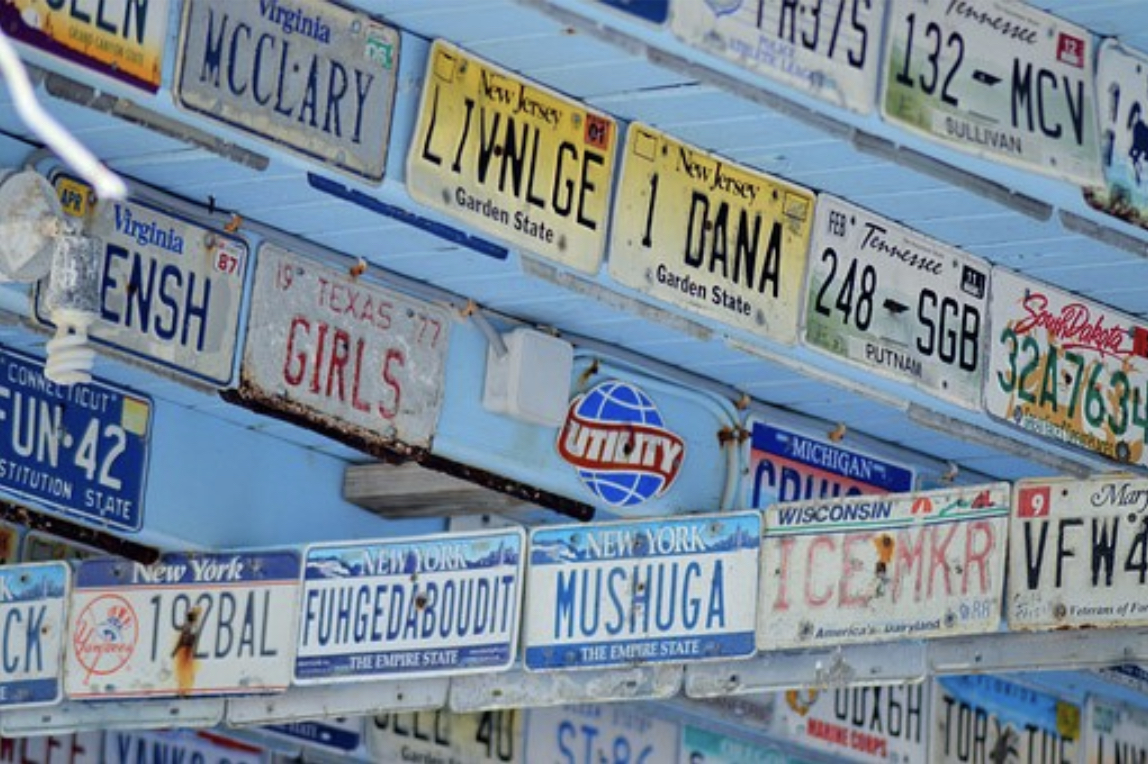Car registration is important regardless of whether you are driving a used or new car. Driving without proper registration is illegal. It may attract hefty fines or punishment. Here are a few things that you need to know about registering your car:
What Do You Need?
Before registering your car, you need a few important materials. Gather them and ensure that you have complied with the DMV standards before you start the registration process. Important material to collect include:
- The vehicle registration application form
- Your identification card or driver’s license
- Proof of insurance if it is required in your state
- Proof of having passed a safety inspection
- A signed lease agreement or car title
- Your application form for vehicle registration
- Proof that you passed a smog test where necessary
The requirements may be different when you need to renew your registration. It isn’t the same as registering your car for the first time. Basic materials include:
- Car insurance information
- The car’s registration card
- The driver’s license number
- Your Vehicle Identification Number
- The license plate number
You will also need to pay for the registration. Usually, the fee is relatively low. However, it varies from one state to another. The DMV may help you know what to expect.
The Car Registration Process
Once you understand what is required and have the relevant material at hand, it is time to start the process of registering your car. According to the team at quickautotags.com/, you should make an appointment with the DMV first. Even though you can walk in with no appointment, having one increases your chances of getting help fast.
You will be required to fill out a registration form with your personal information and the details of your car. This includes the make, model, and VIN of your vehicle.
After filling out the form, it is time to present it along with the other important material to a worker at the DMV. They will check to ensure that you have provided all the important documents.
If you have all the important paperwork, you will be required to pay a registration fee. In most DMVs, you can make payments in the form of cash, a card, or a check. When the payment is complete, you will receive a registration sticker that goes on your license plate. Ensure that it is clearly visible.
Once you have completed the registration process, you are set for one or two years depending on where you live. In California, for example, car registration expires after one year. You can renew your registration 60 days before the expiration date. You will receive a renewal notice to remind you that your expiration date is close. The reminder may help you avoid late fees. You do not need to go to the DMV when renewing your registration. Instead, you can do it online or by mail.
Other Car Registration Considerations

Even though the process of car registration is straightforward, there may be a few changes depending on how you got your vehicle. If, for example, you got your car from a car dealer, they may handle the registration process for you. After buying your car, you may not have to do anything else. If you are moving out of state, it may be necessary to register your vehicle again. If, for example, you registered your vehicle six months ago and your new state requires annual registration, you cannot wait six more months before renewing it. You must renew your registration right after you move in compliance with the state laws.
If you do not comply with the new state’s laws of vehicle registration, you may face penalties. The penalties apply if you have no registration or you are caught driving with an outdated registration. Failure to register your car may also result in high insurance rates. Insurance providers will view you as a risk.
In conclusion, registering your car can be a lot easier than it seems. Whether you have just passed your driving test and got your first car, or finally bought the vehicle of your dreams, you may be anxious about the registration process. Fortunately, all you need to do is gather all the relevant documents, go to your local DMV, fill out a form, and pay a small fee.
After that, you need to ensure that your registration is updated at all times. Note that registration requirements vary from one state to another. If you have any questions about the car registration process where you live, the DMV may be able to answer them.


